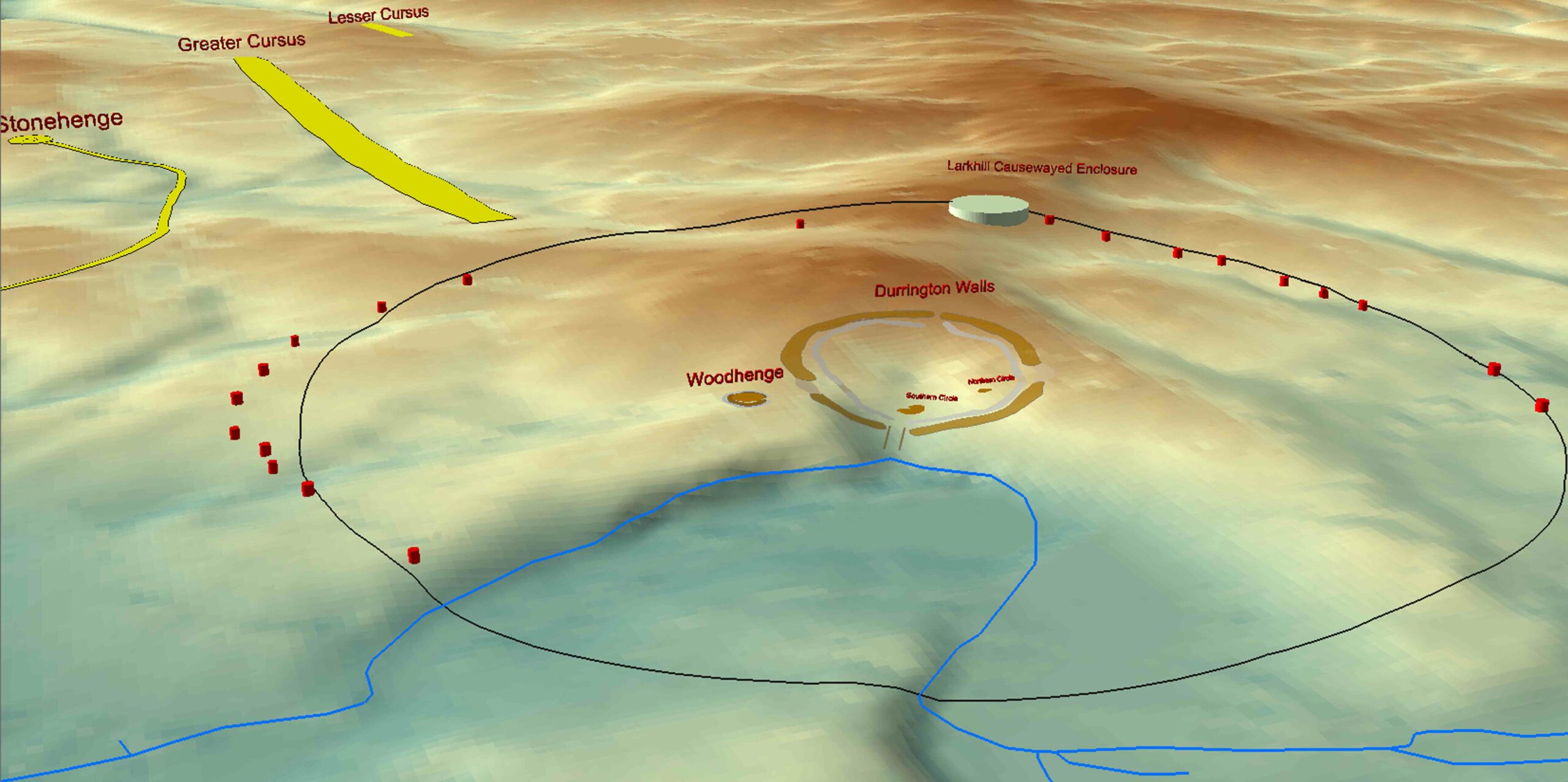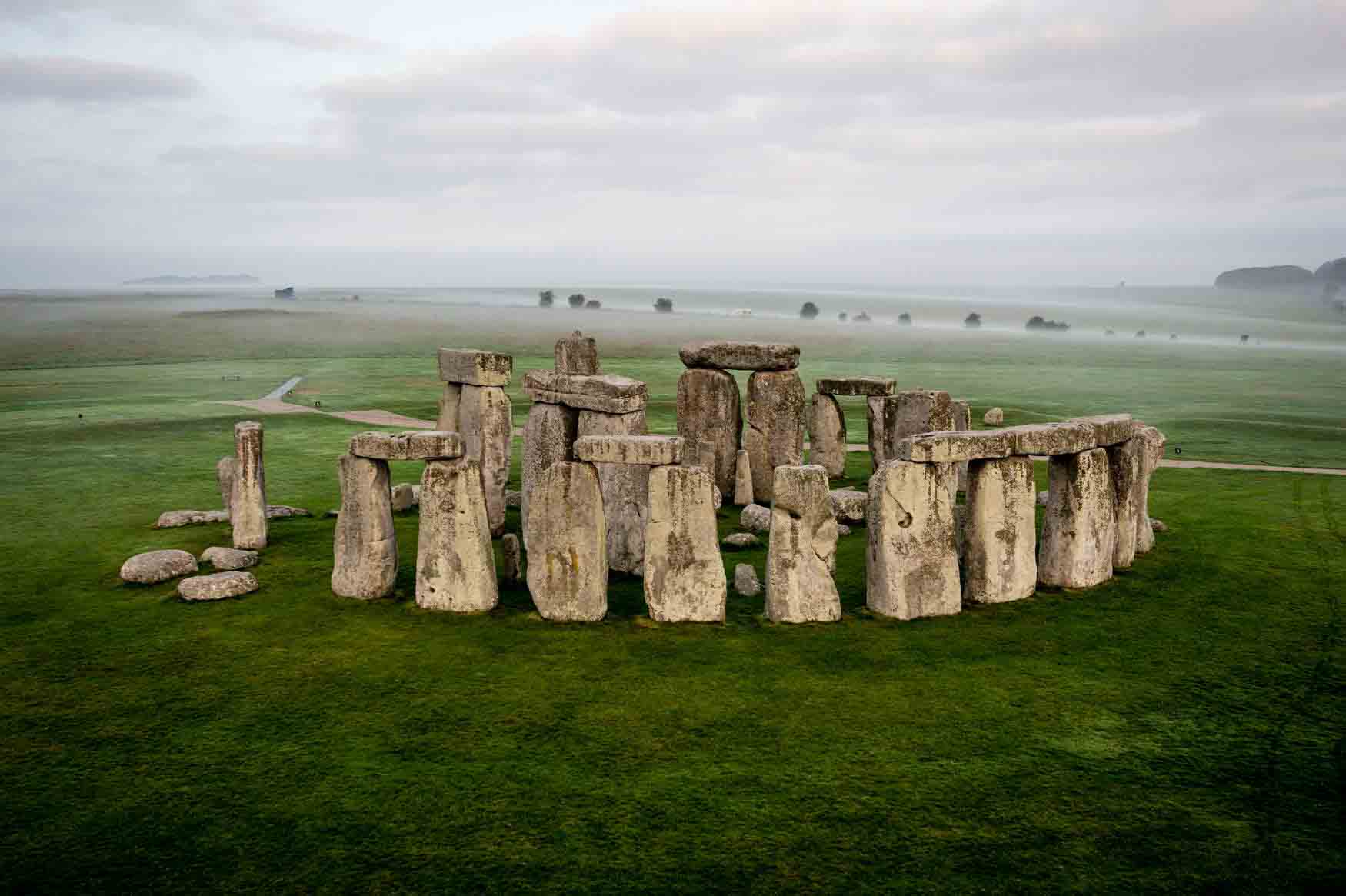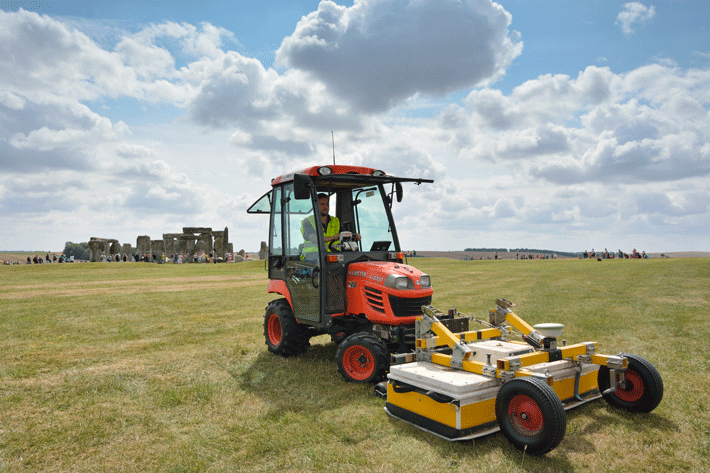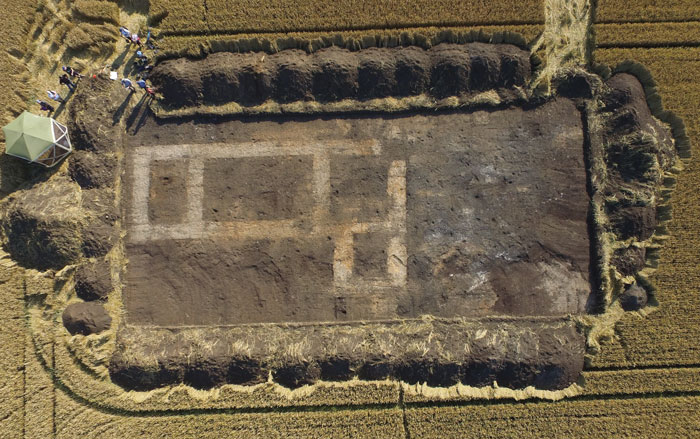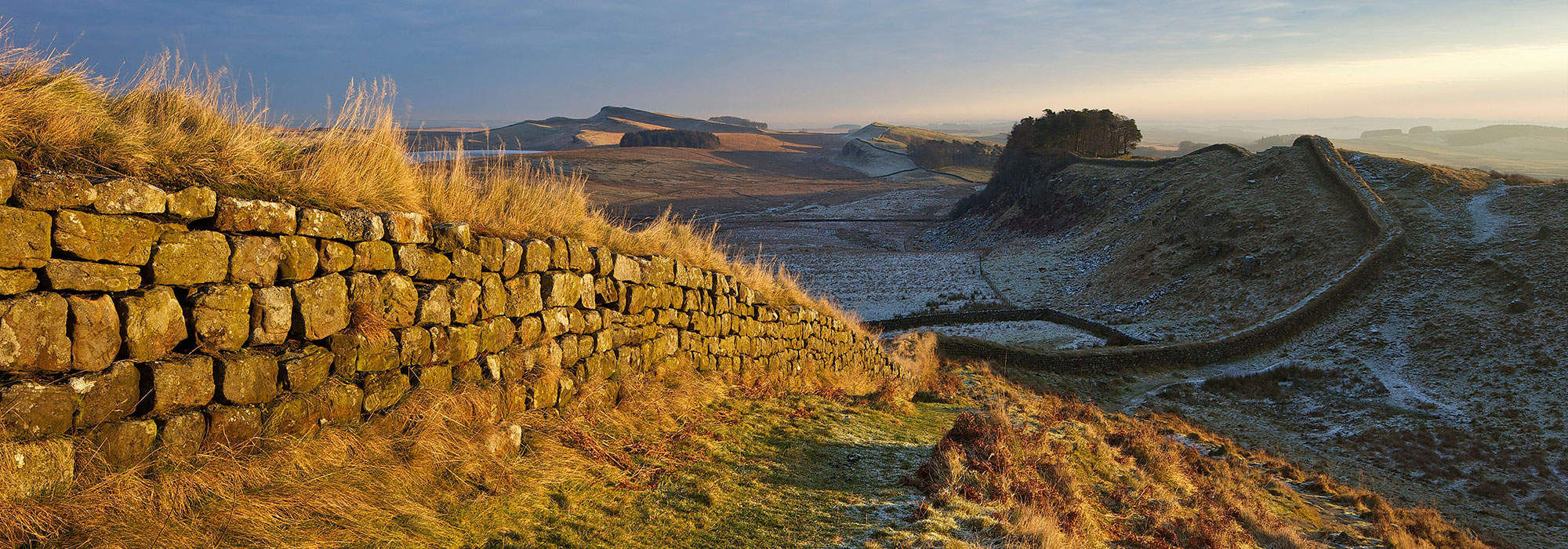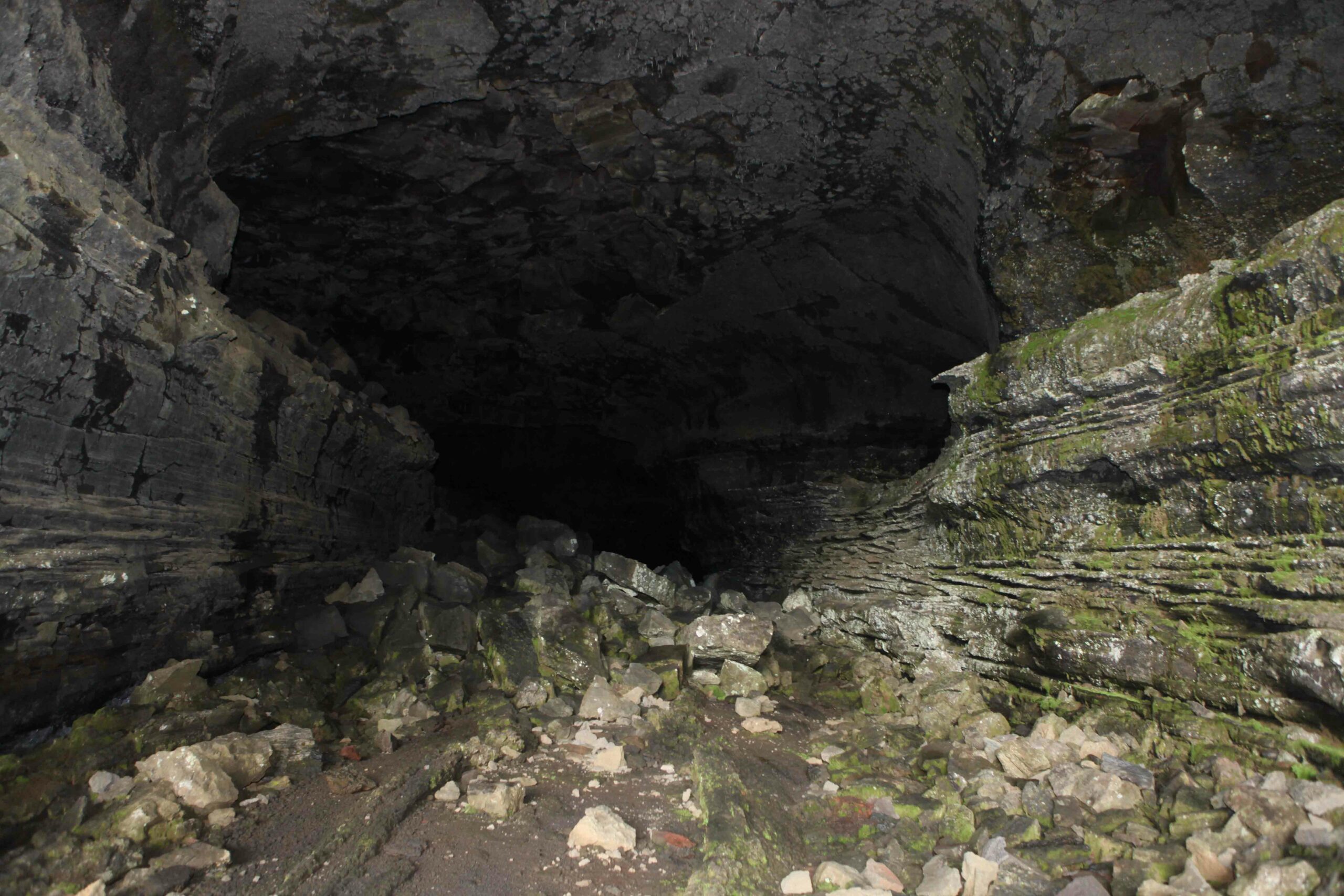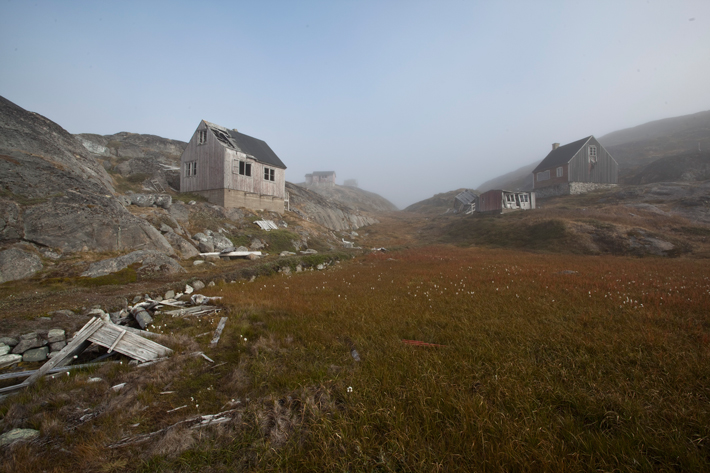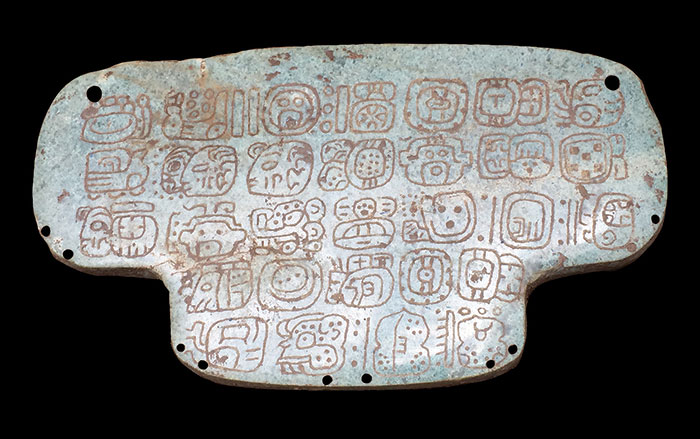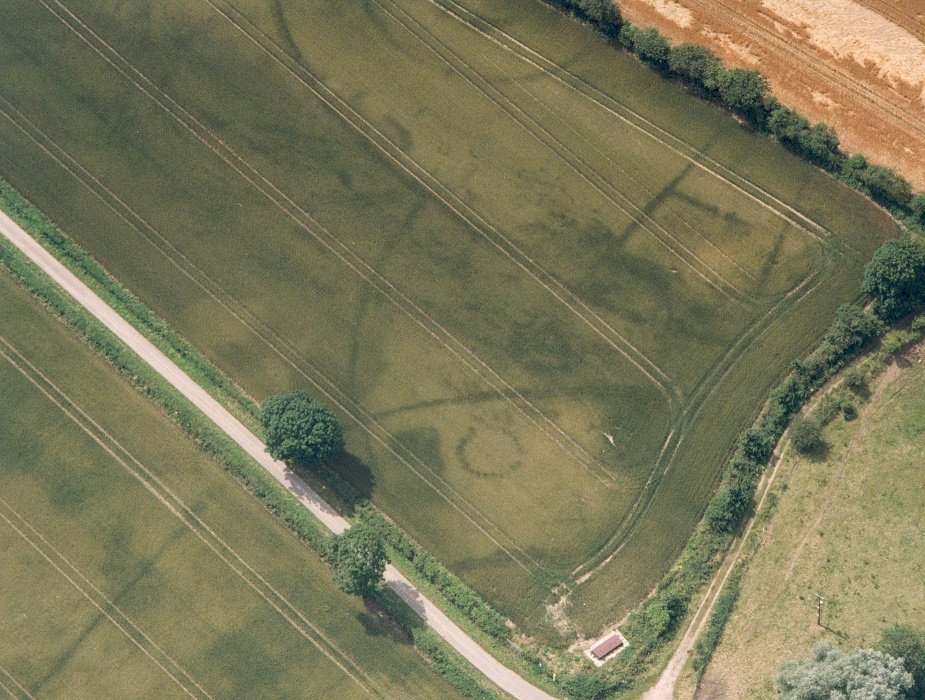
AVEBURY, ENGLAND—Live Science reports that a monument in Avebury, England, located about 23 miles away from Stonehenge, may be 800 years older than had been previously thought. The monument, which resembled a pair of eyeglasses outlined with tall, wooden posts, was first dated to 2500 B.C., or about the time that Stonehenge was built. Researchers recently employed new radiocarbon-dating techniques on pottery, animal bones, and charred remains of posts found in the monument’s post holes to arrive at the new, older date. “It’s much too large to be a stock enclosure; it’s got to be a ceremonial enclosure,” explained statistical archaeologist Alex Bayliss of Historic England. He thinks one enclosure may have been for men, and the other for women. Both were burned to the ground in what Bayliss called an “amazing spectacle.” Few remains of human occupation from the time have been found in the area, but later, Neolithic housing has been uncovered, suggesting that people returned to the site after the fire. They may even have been involved with the construction of the nearby chalk mound known as Silbury Hill. For more, go to “Quarrying Stonehenge.”


